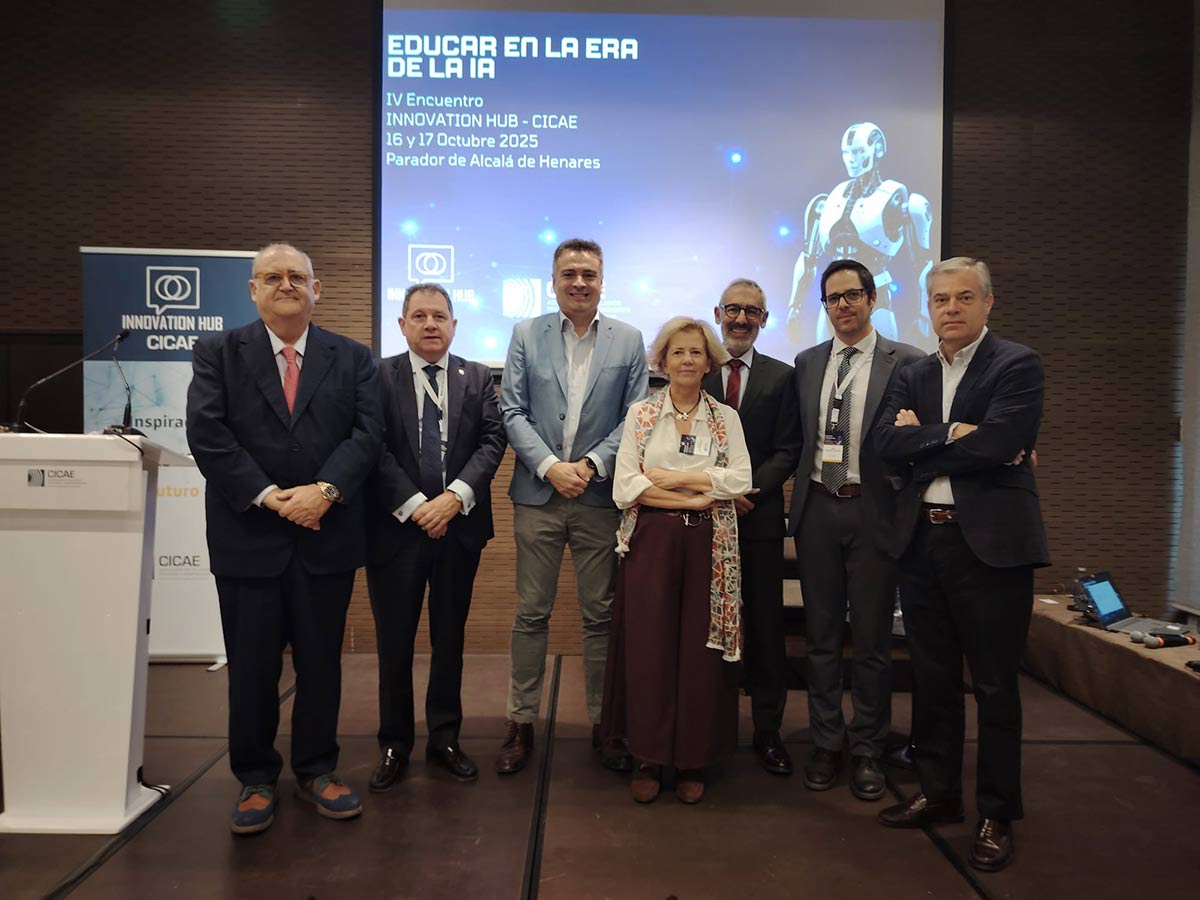Madrid, October 20, 2025. CICAE (Association of private and independent schools) held the fourth edition of its Innovation Meeting on October 16 and 17, under the slogan
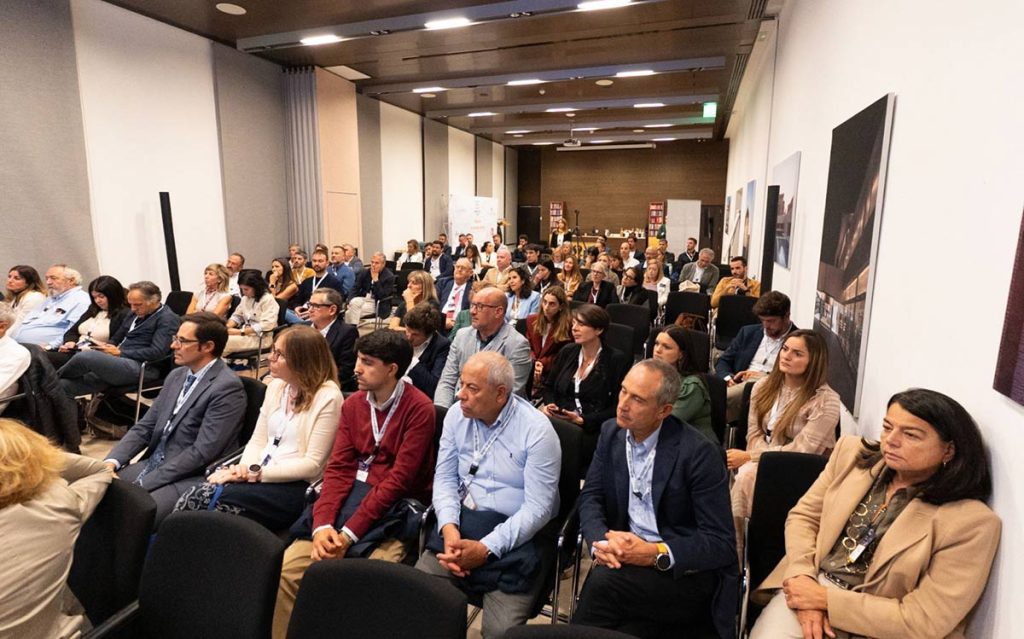
In a unique historical and educational setting, such as the City of Alcalá de Henares, the attendees analyzed how AI is redefining teaching and learning, and what skills students should acquire for their professional future.
“AI is no longer a promise of tomorrow, but a tool of the present. Its incorporation into education must be done with ethics, reflection and human purpose,” emphasized Elena Cid, CEO of CICAE, during the inauguration together with Ángel de la Vega, vice-president of the association.
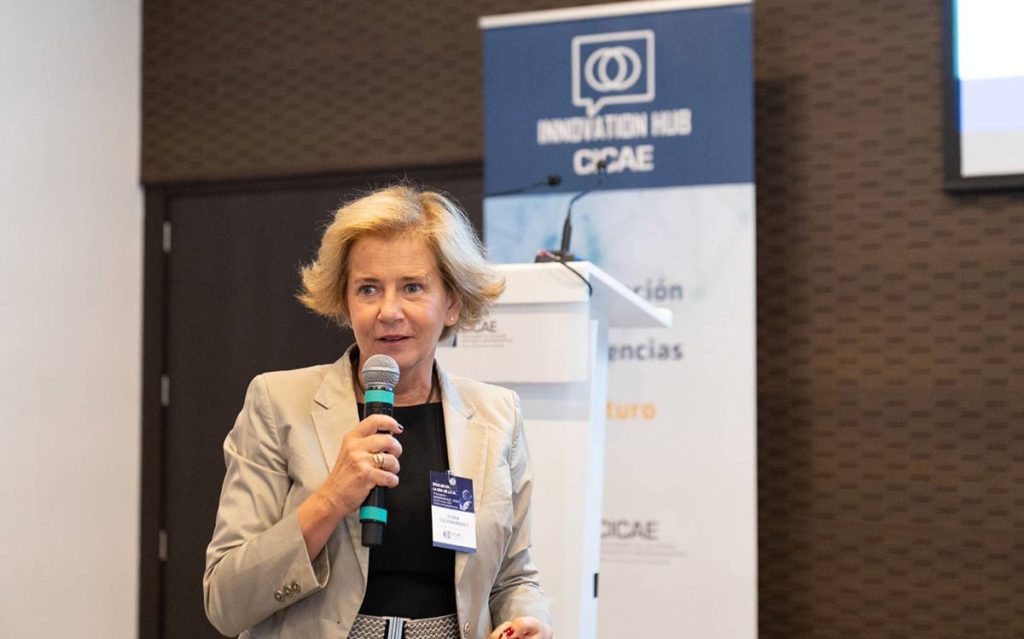
The meeting was also attended by Mr. Jorge Elías de la Peña y Montes de Oca, D.G. de Educación Concertada, Becas y Ayudas al Estudio de la Comunidad de Madrid, who recognized the importance of these innovation conferences organized by CICAE and its schools, representatives of independent private education.
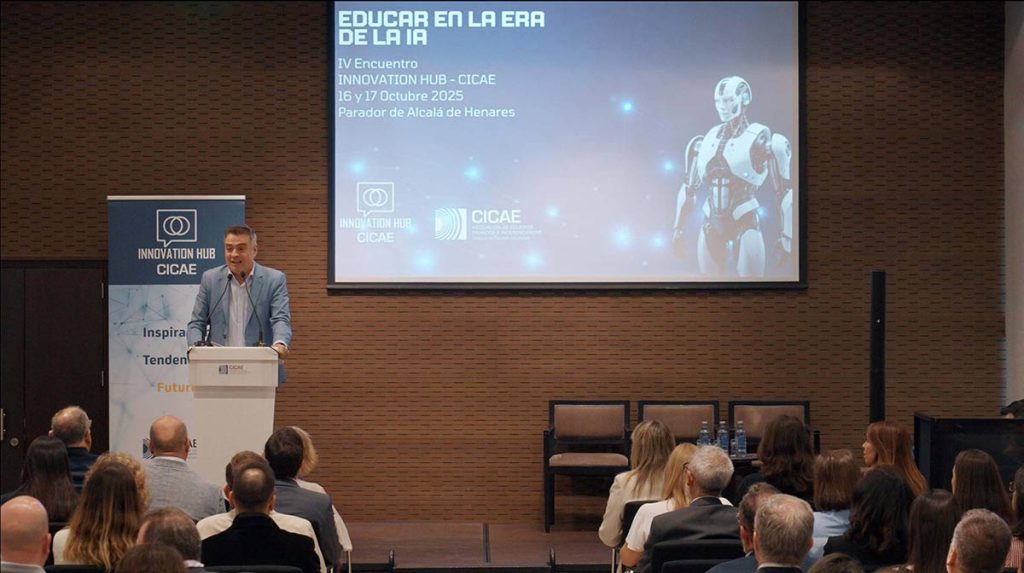
Four perspectives for understanding education in the age of AI
The meeting featured an outstanding panel of speakers who provided different and complementary views on the role of artificial intelligence in society and education.
Armando Martínez Polo (PwC): From the business vision to the education mission
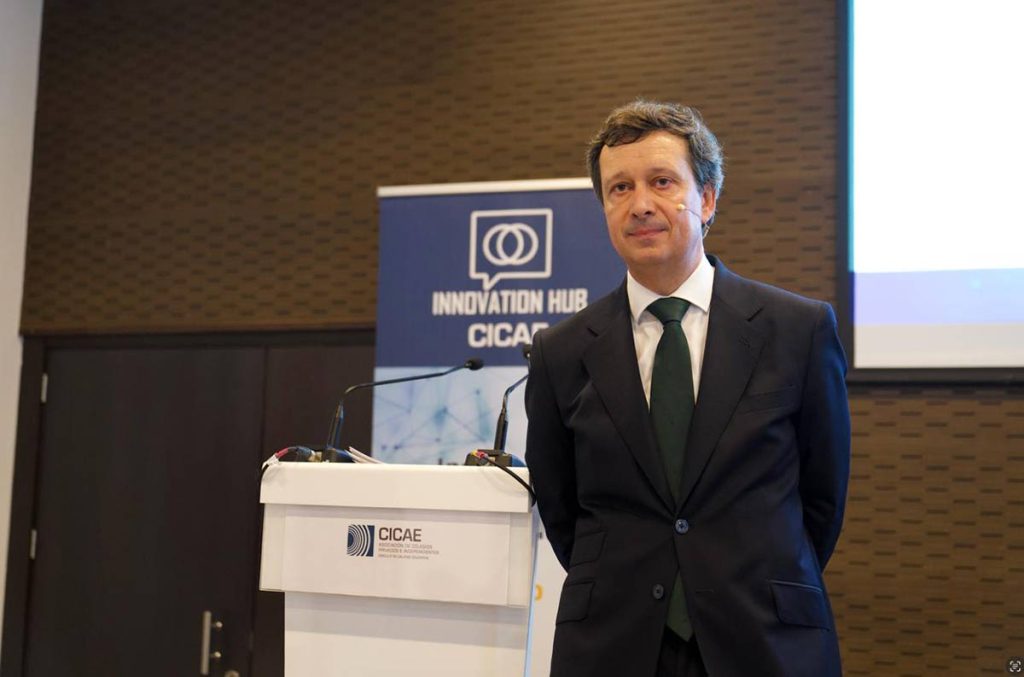
The partner responsible for Technology Consulting and Artificial Intelligence at PwC Spain, Armando Martínez Polo, opened the meeting by stressing that AI is generating a structural change comparable to that of the industrial revolution.
Martínez Polo highlighted the importance of transferring business innovation strategies to the educational sphere, where the adoption of emerging technologies requires leadership, strategic vision and a solid ethical base.
“Training tomorrow’s professionals is not about teaching them how to use technology, but about preparing them to make responsible decisions in data- and automation-driven environments,” he said.
Jorge Calvo (Colegio Europeo de Madrid / UCLM): From thought to algorithm
The researcher and Director of Innovation at the European School of Madrid, Jorge Calvo, gave a presentation focused on the cognitive impact of artificial intelligence.
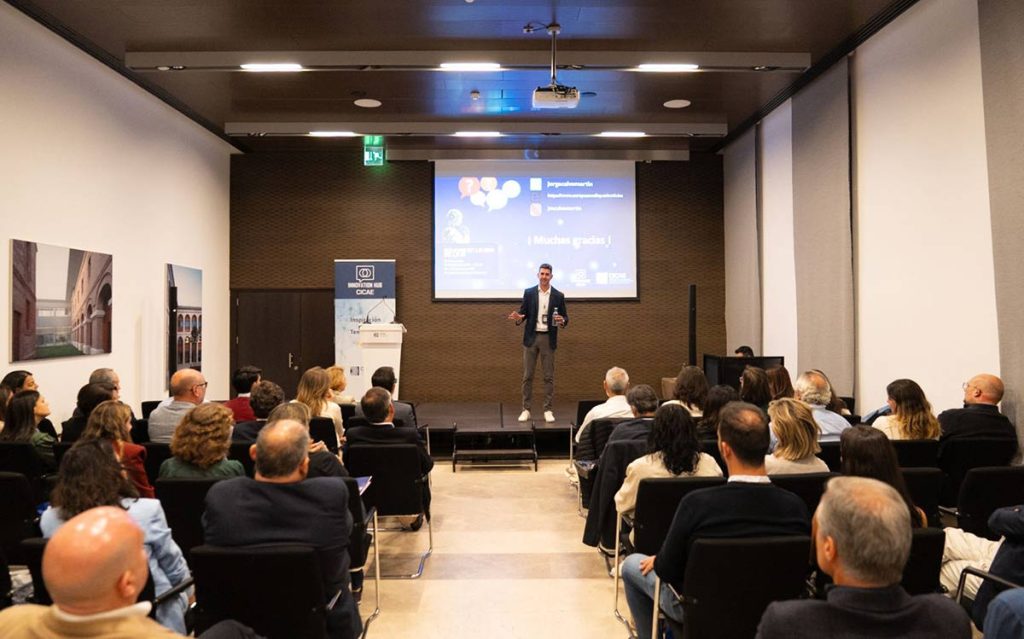
Calvo analyzed how algorithms are shaping the way we think, learn and solve problems, and defended the need to foster metacognitive skills, critical thinking and creativity in students as antidotes to automation.
“AI can help us teach better, but it should not replace human reflection or the value of error as part of learning,” he said.
Alfons Cornella (Institute of Next): How AI will change the world… and it will change us
Alfons Cornella, consultant, communicator and founder of the Institute of Next, provided a more philosophical and prospective view on the effects of AI on society.
In his speech, he invited attendees to “unlearn” in order to adapt to a changing environment, advocating an education that promotes curiosity, the ability to anticipate and the management of uncertainty.
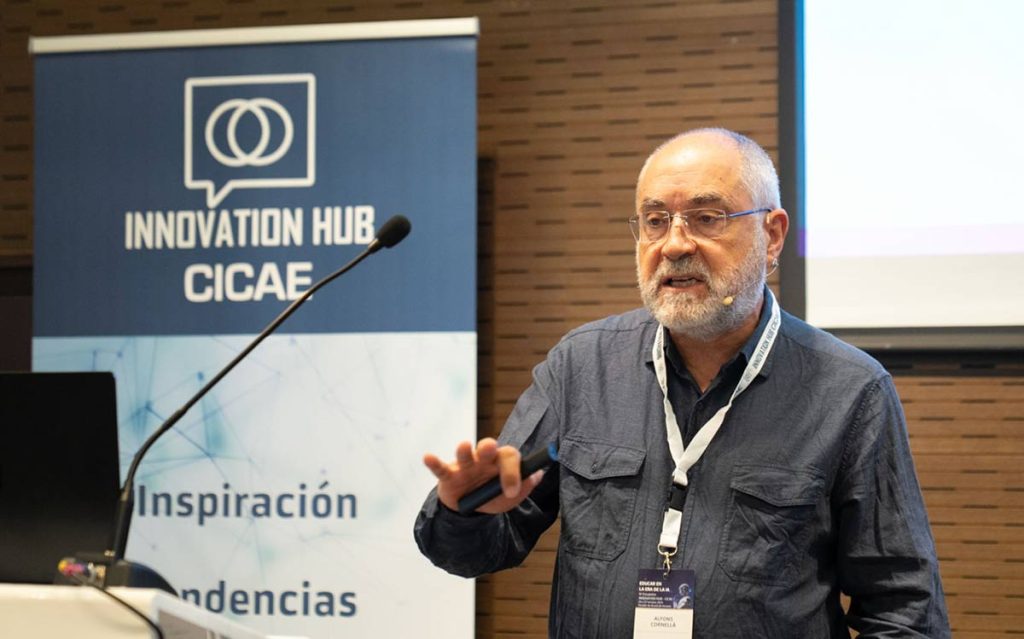
Cornella stressed that AI will not only transform education systems, but also the way people understand knowledge, creativity and cooperation.
“The challenge is not just to teach with AI, but to teach for a world with AI,” he stressed.
Nerea Luis Mingueza (PhD in Computer Science and Technology): From Hype to Practice
Researcher and disseminator Nerea Luis Mingueza closed the meeting with a presentation focused on the responsible adoption of artificial intelligence in educational centers.
She advocated moving “from initial enthusiasm to real and ethical implementation”, highlighting the importance of having clear policies on algorithmic fairness, privacy and transparency.
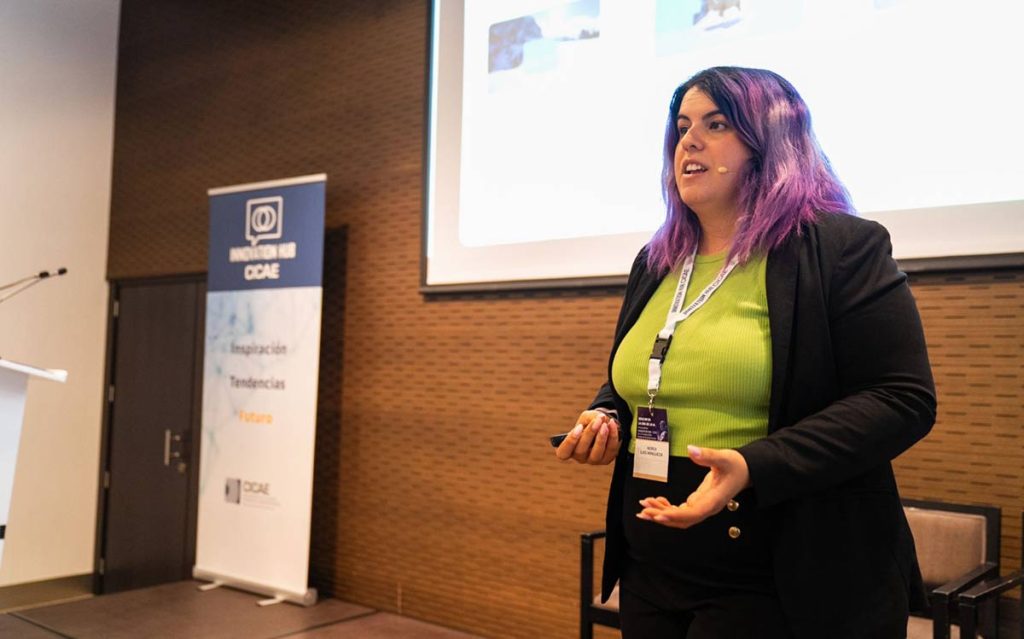
“AI in education should be used to empower, not replace; to personalize, not segregate. The key is to form critical and aware digital citizens,” he said.
Practical workshops and school experiences
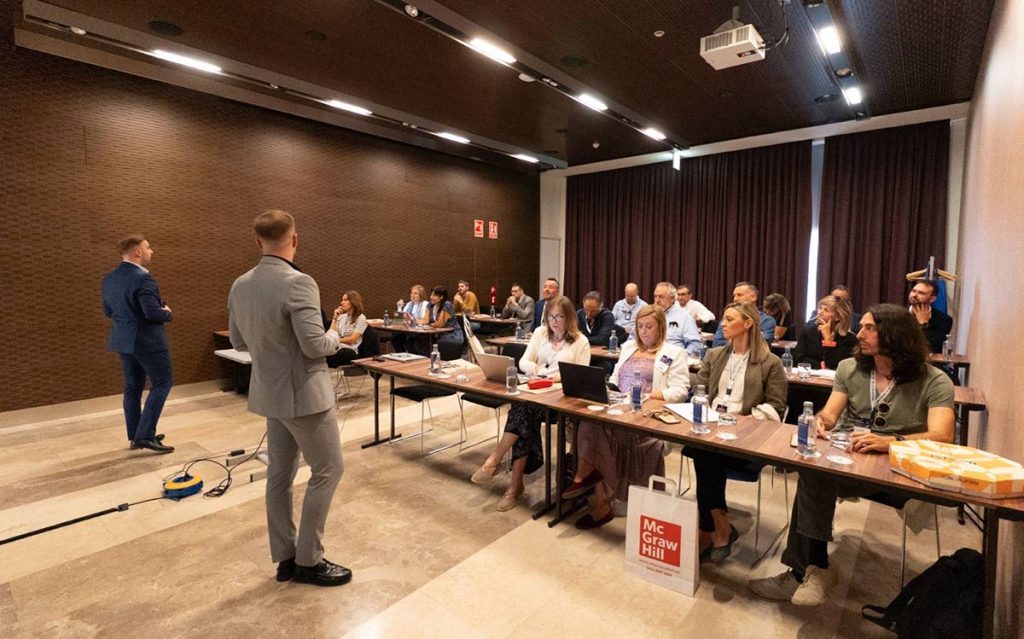
The meeting combined lectures with parallel workshops and practical sessions oriented to the real application of AI in the classroom:
- Etwinz (Mario and Alberto Herráez) gave the workshop “Competent students facing AI”, focused on digital literacy and the development of computational thinking from an early age.
- Ángel González and Juan Antonio Roncero led the session “Competent teachers facing AI”, which addressed ethical and technical teacher training.
- Alan Fusté presented “AI in education: the challenge of personalizing without losing purpose”, exploring how AI tools can enhance learning without dehumanizing it.
In addition, representatives from three schools of the association: Lourdes Barceló, from St. Peter’s School (Barcelona), Óscar García-Blanco, from SEK International Schools and Mario Iriarte Morales, from the British School of Aragón), shared their institutional policies on AI, highlighting the creation of ethical protocols and digital governance models to ensure safe and responsible implementation in schools.
A space for learning, reflection and community
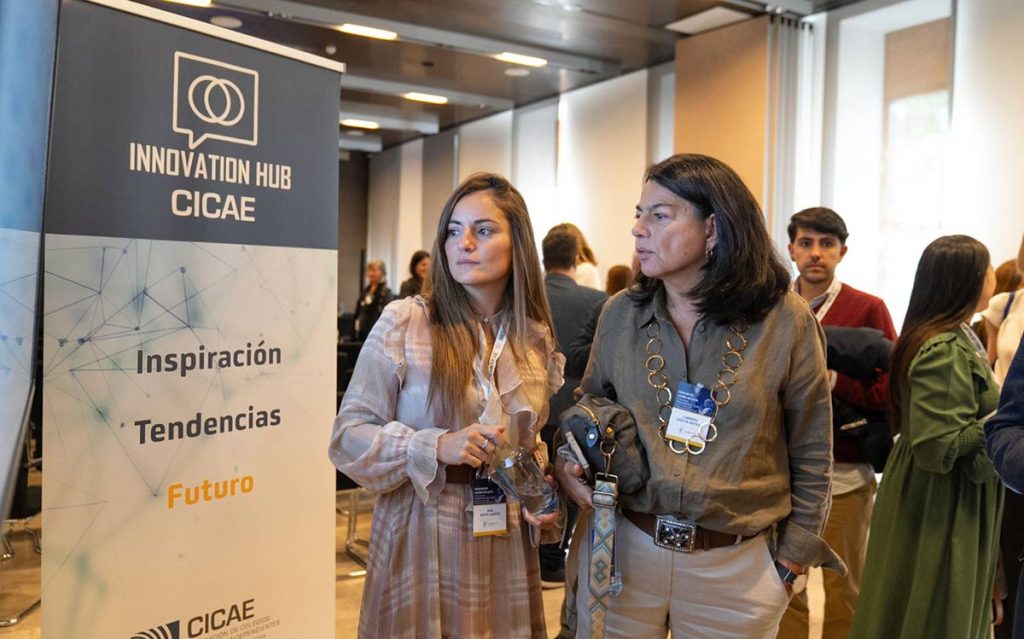
The meeting included networking spaces and 1to1 meetings with companies in the EdTech sector, as well as a cultural visit to the emblematic places of Alcalá de Henares, which culminated with the official reception by the Councilor of Education of the City Council, Ms. Dolores López.
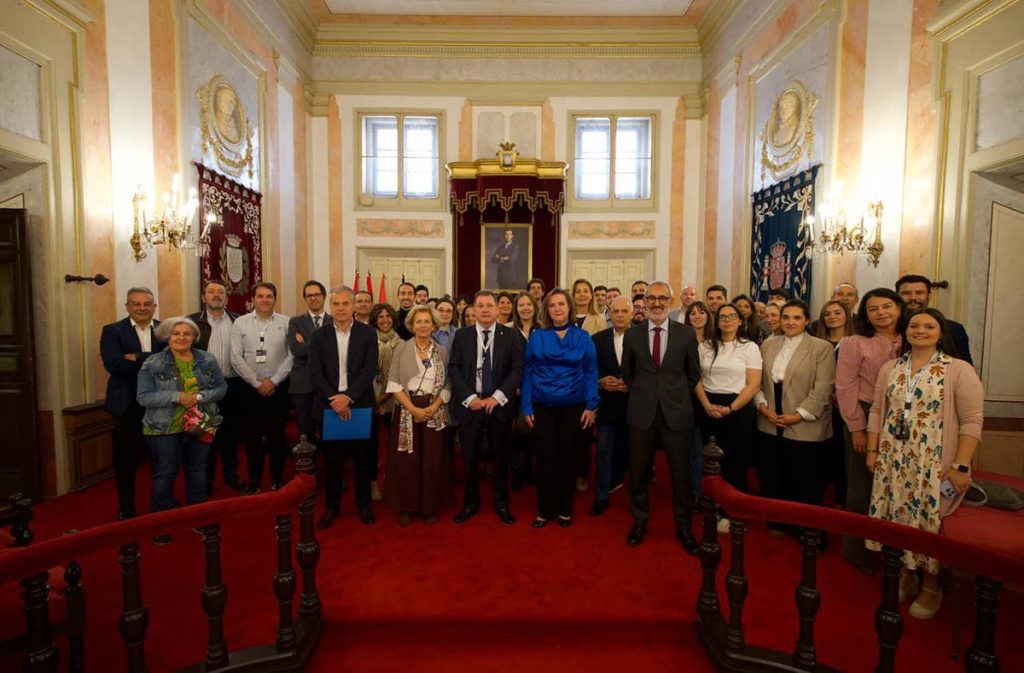
At the closing ceremony, the president of CICAE, José Antonio Rois, thanked the attendees for their participation and commitment, stressing that these meetings “strengthen the educational community and help us to face the challenges of artificial intelligence in schools with confidence and responsibility”.
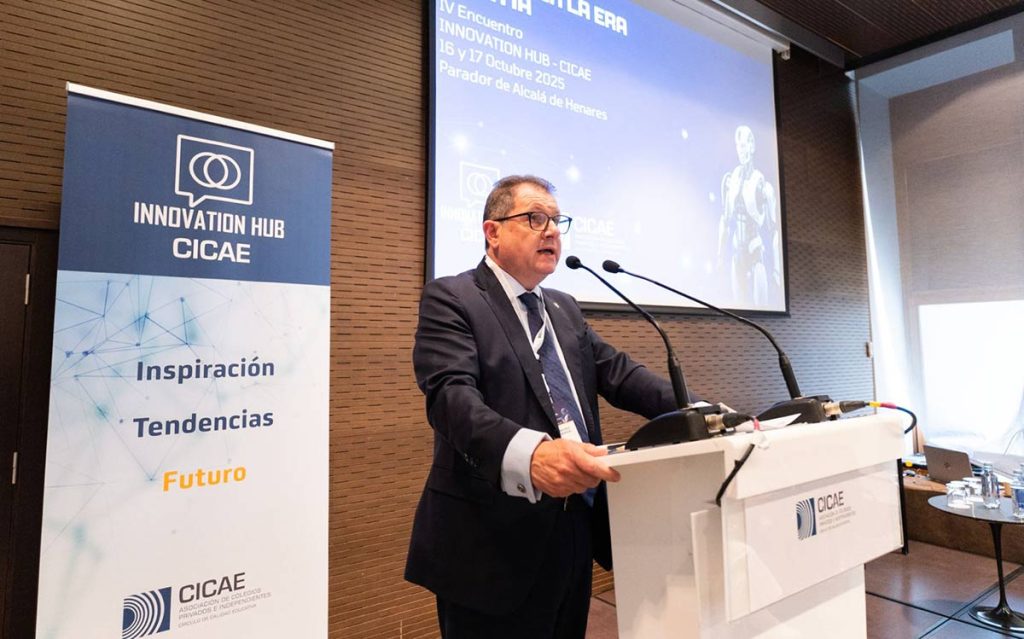
Rois stressed that the key is to use AI as a tool at the service of ethical and quality education, and invited schools to “continue to innovate, share best practices and keep alive the curiosity and passion to improve education every day”.
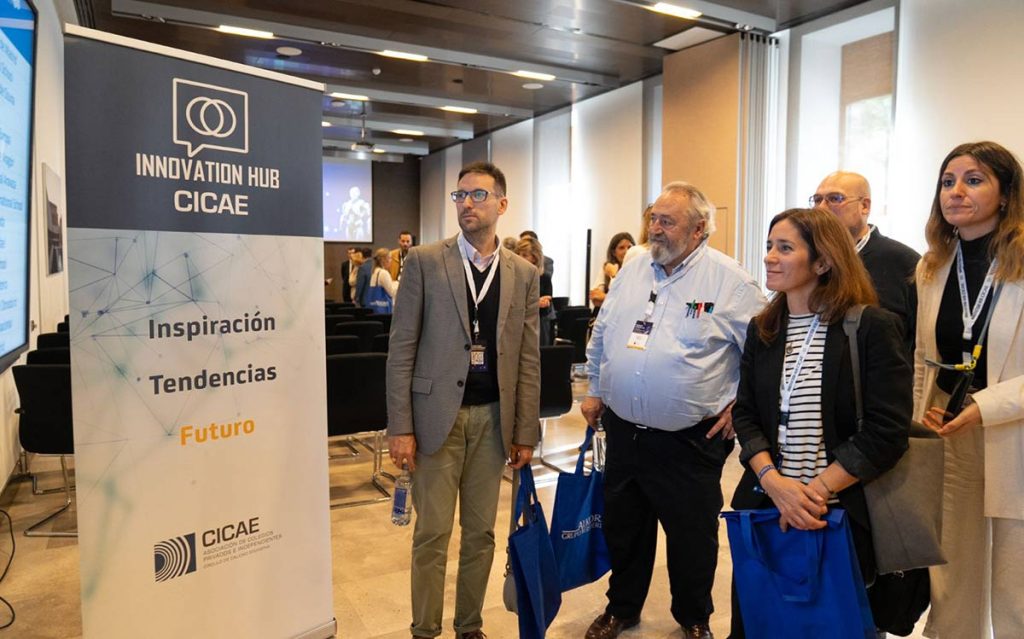
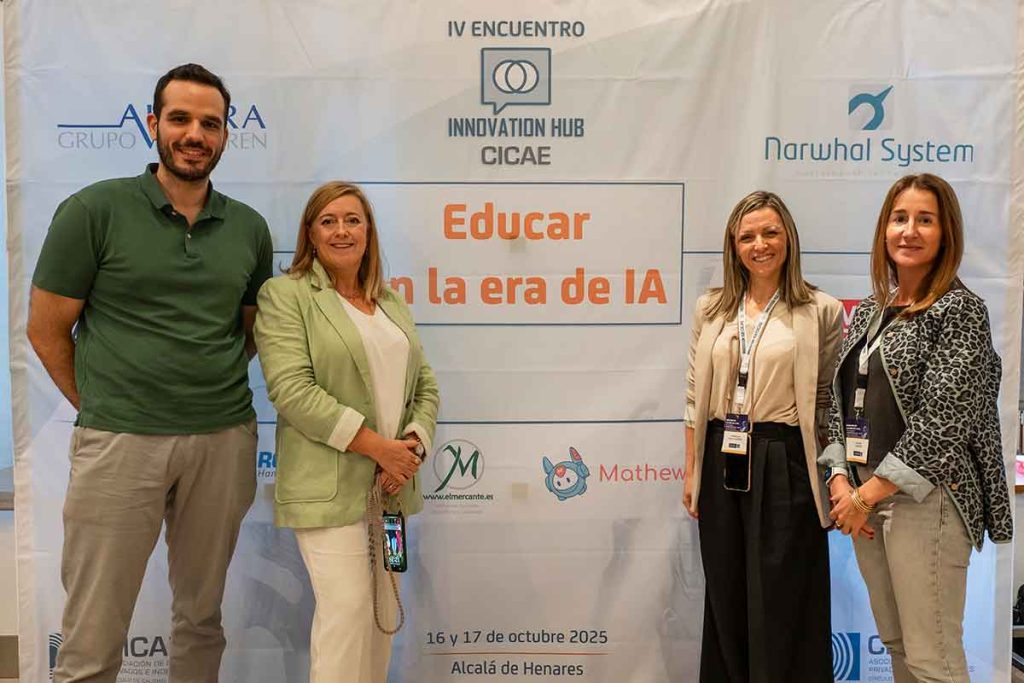
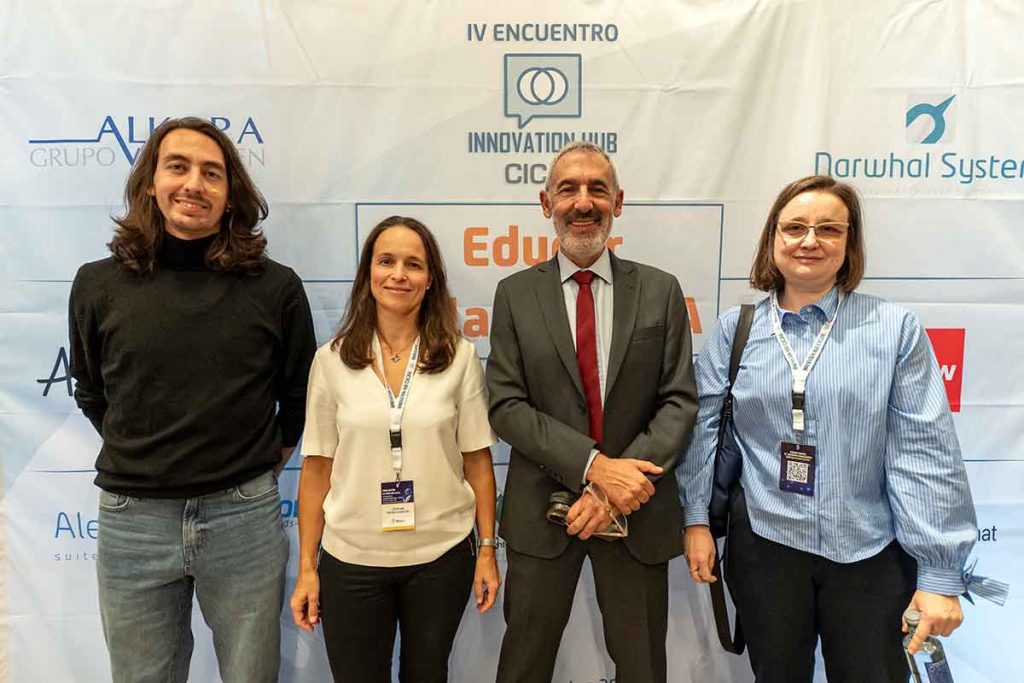
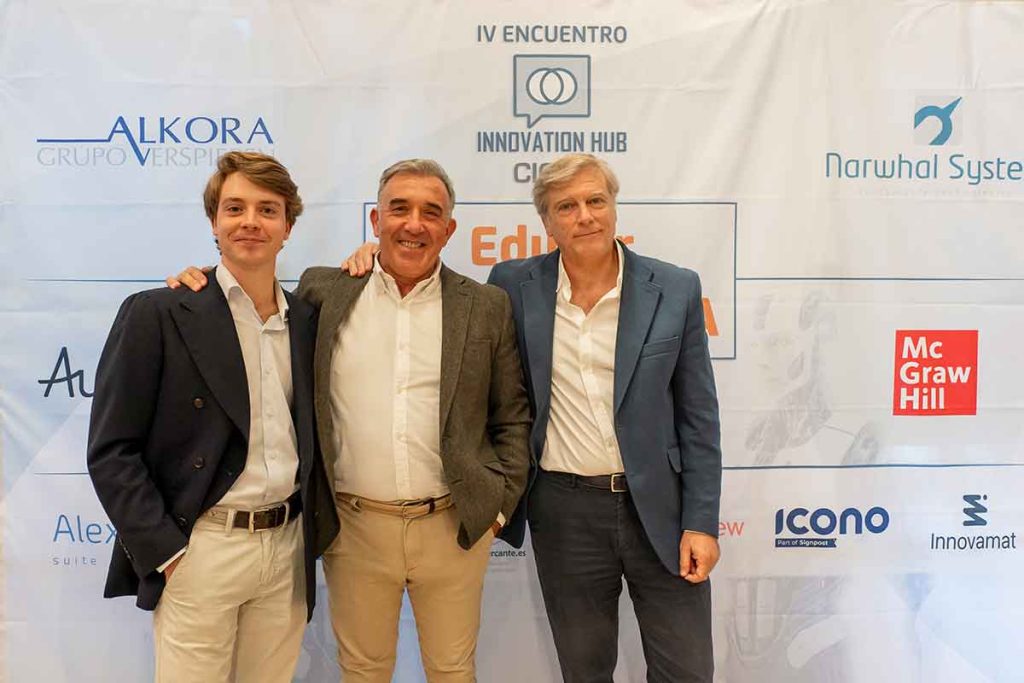
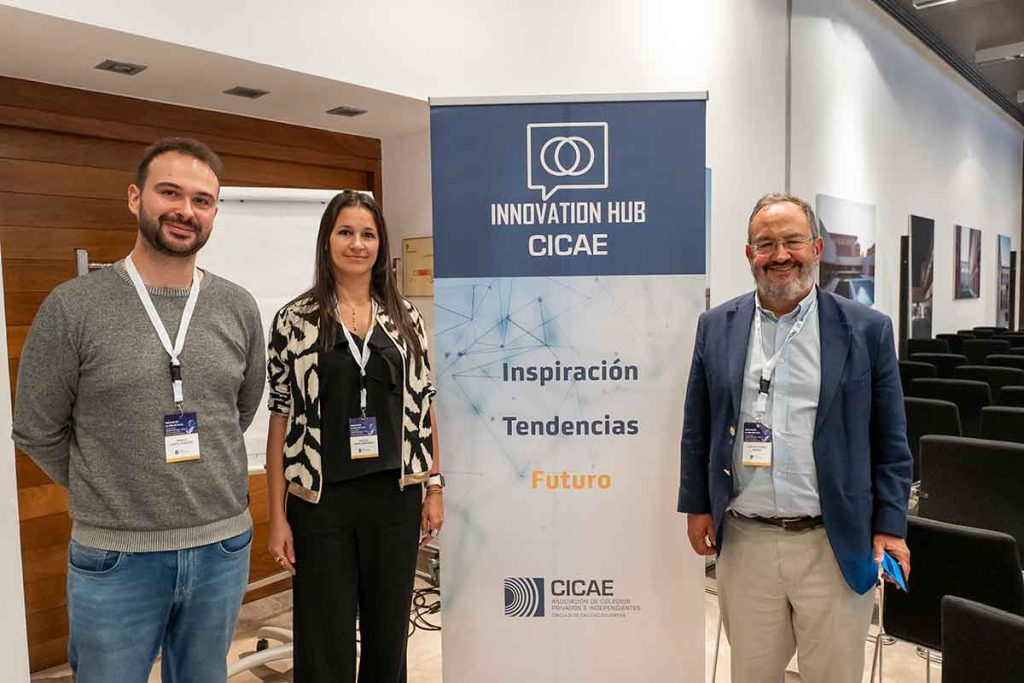
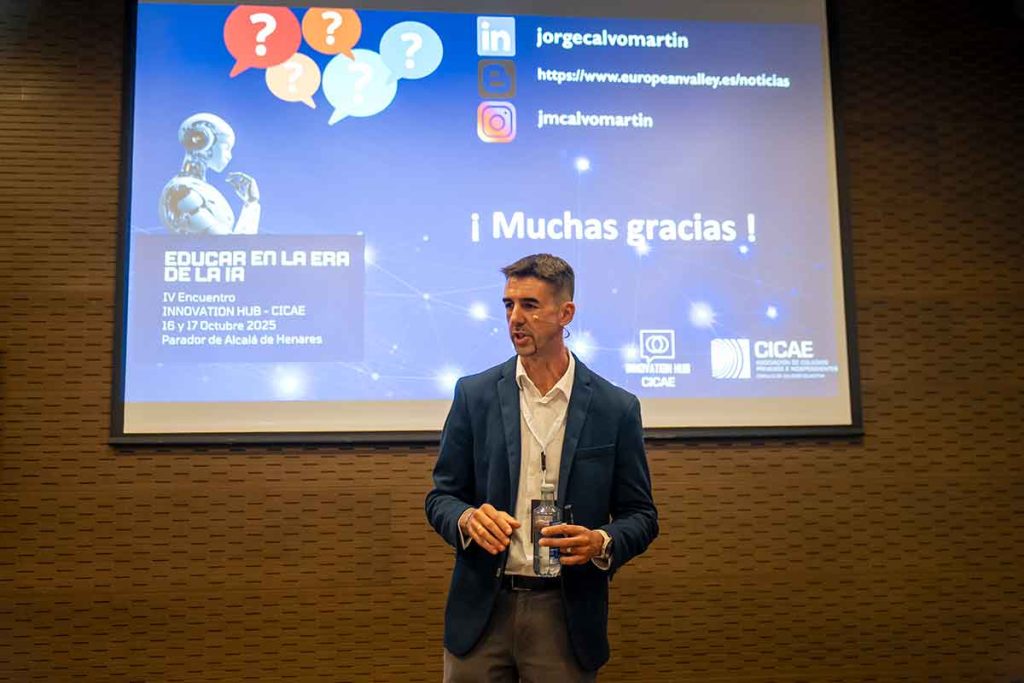
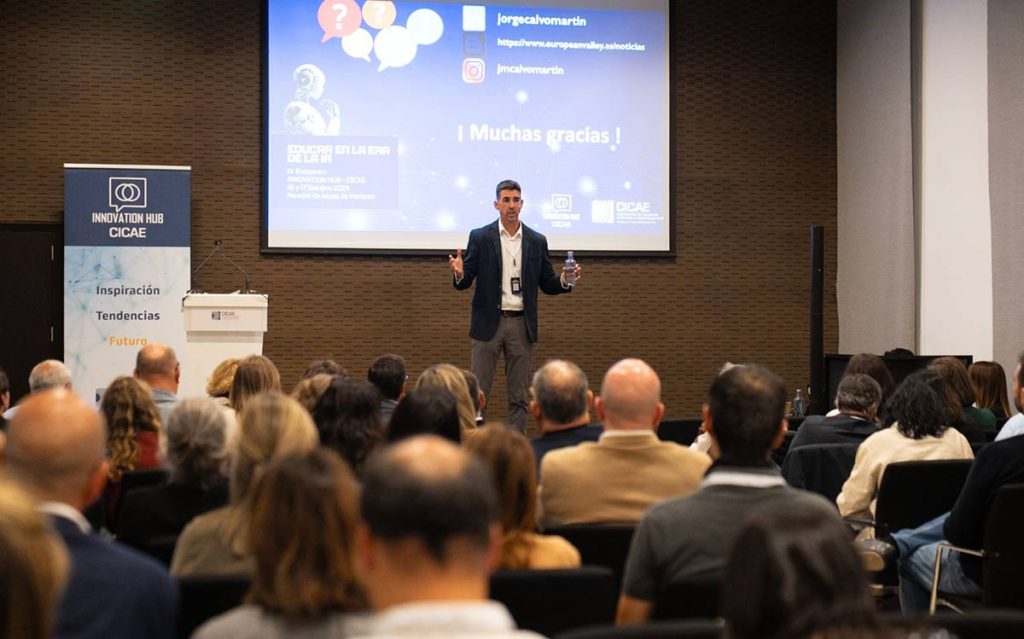
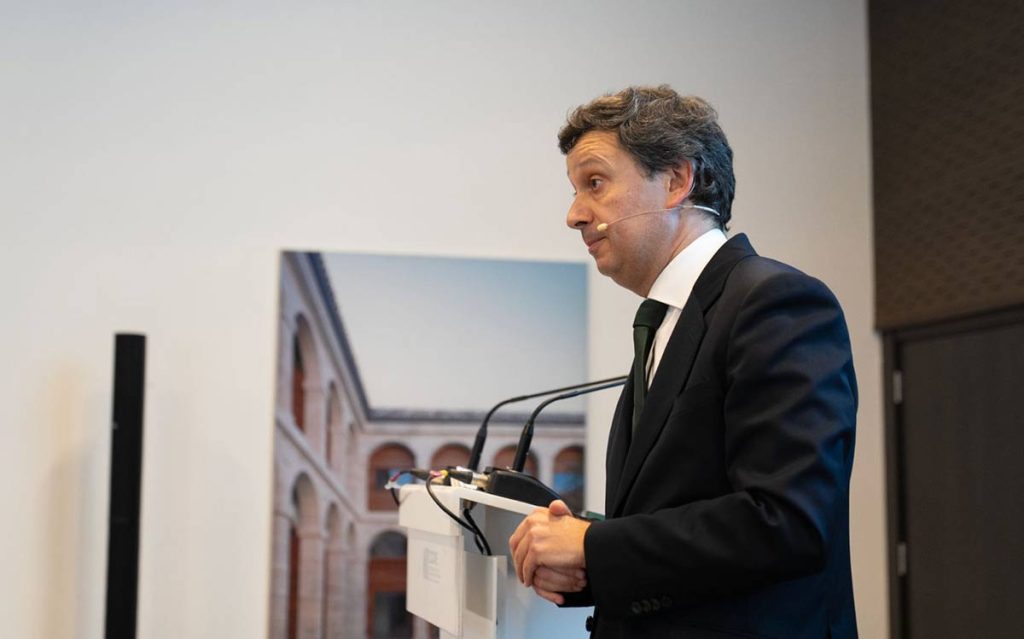
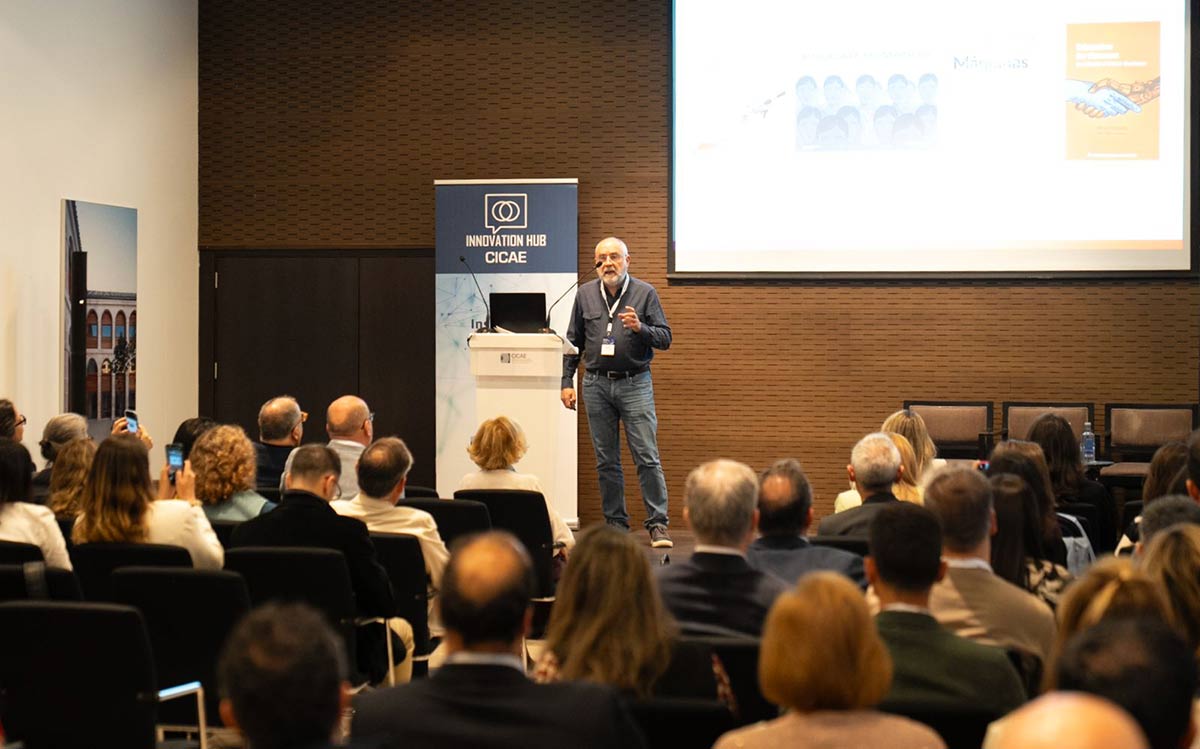
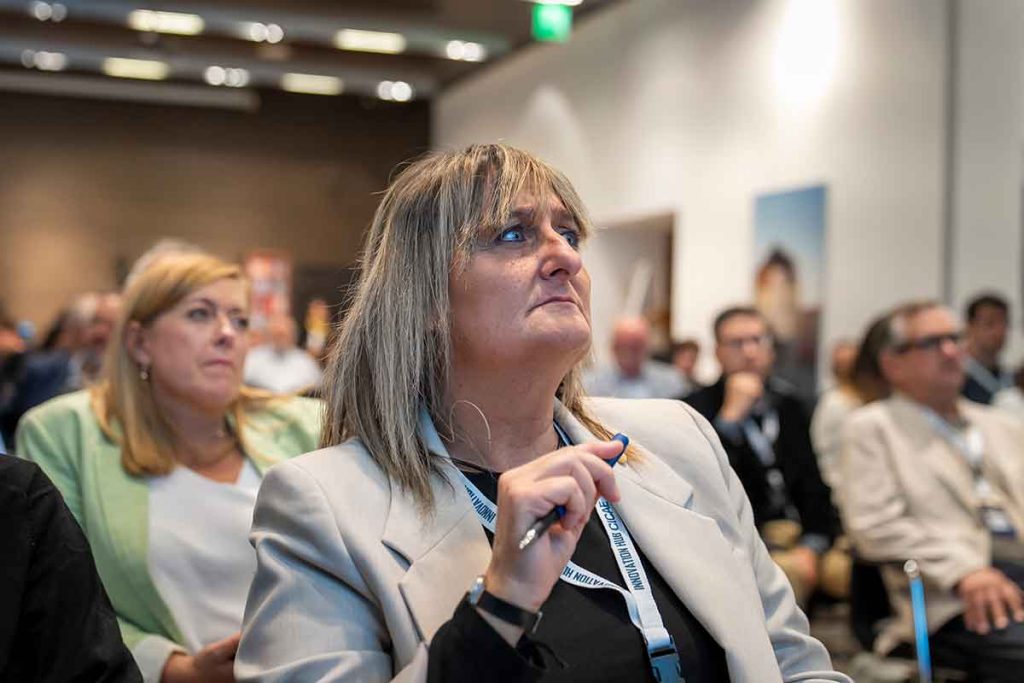
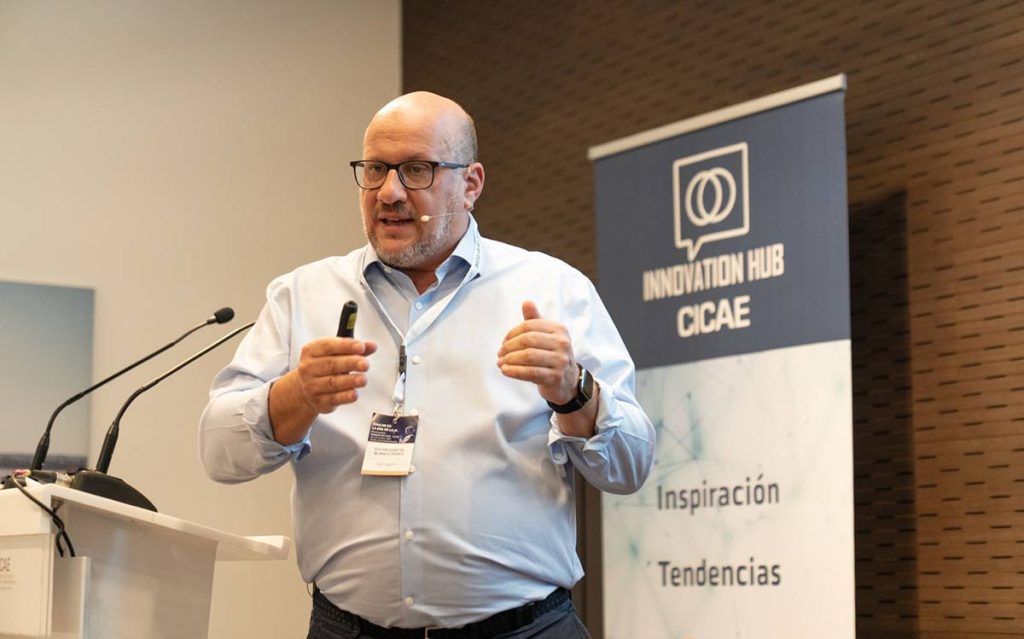
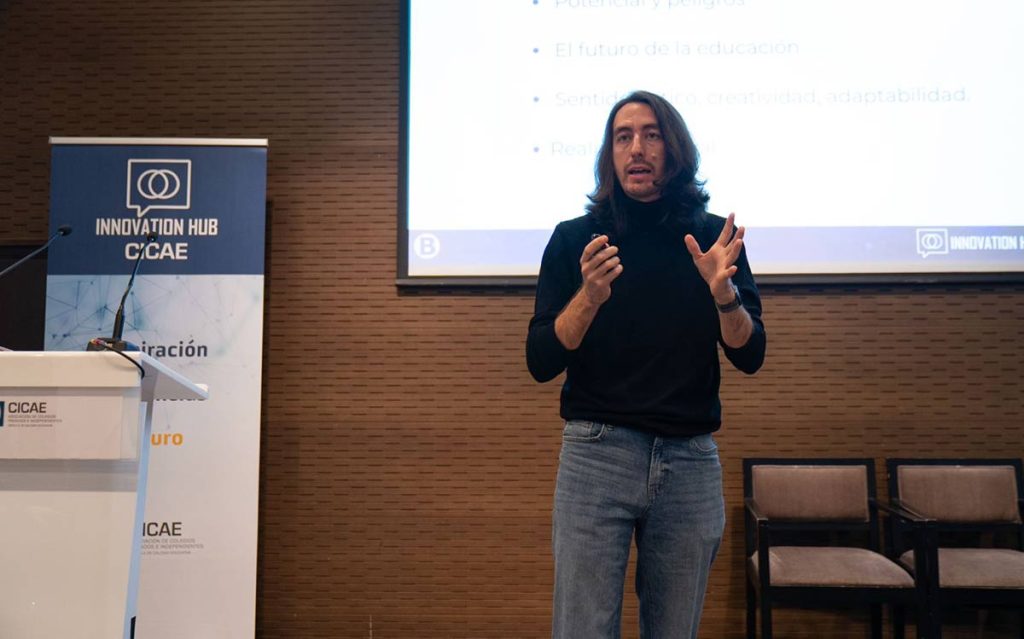
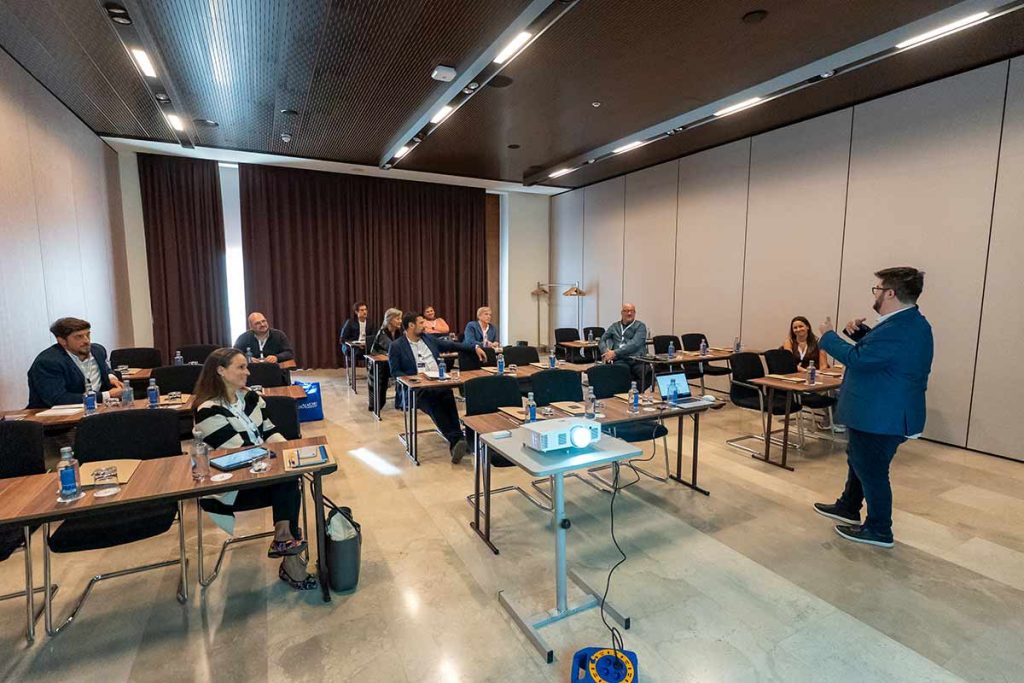
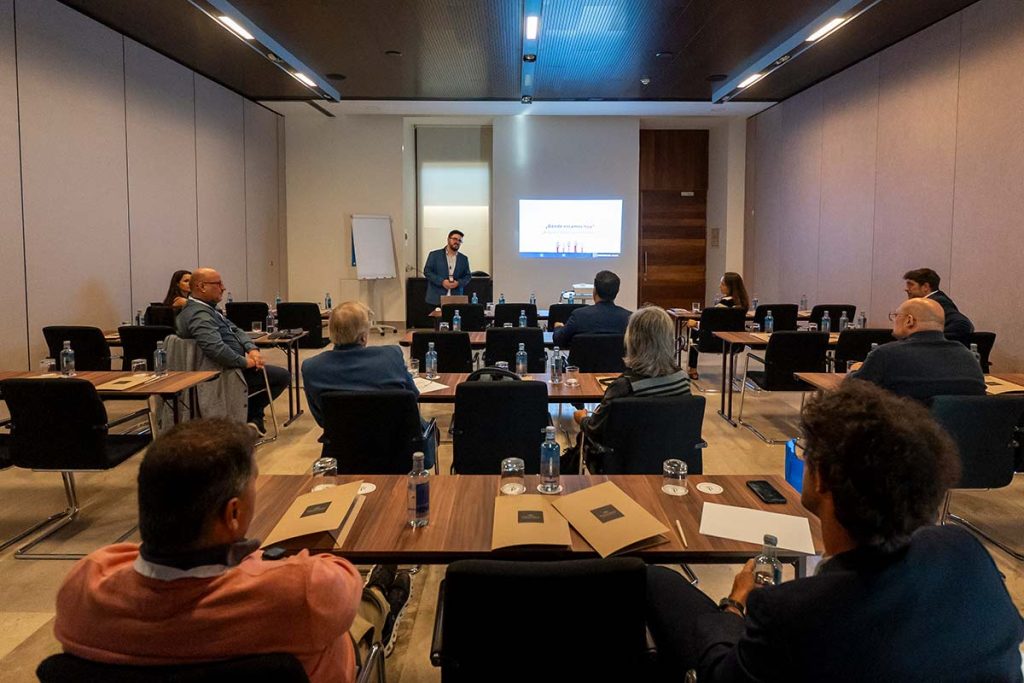
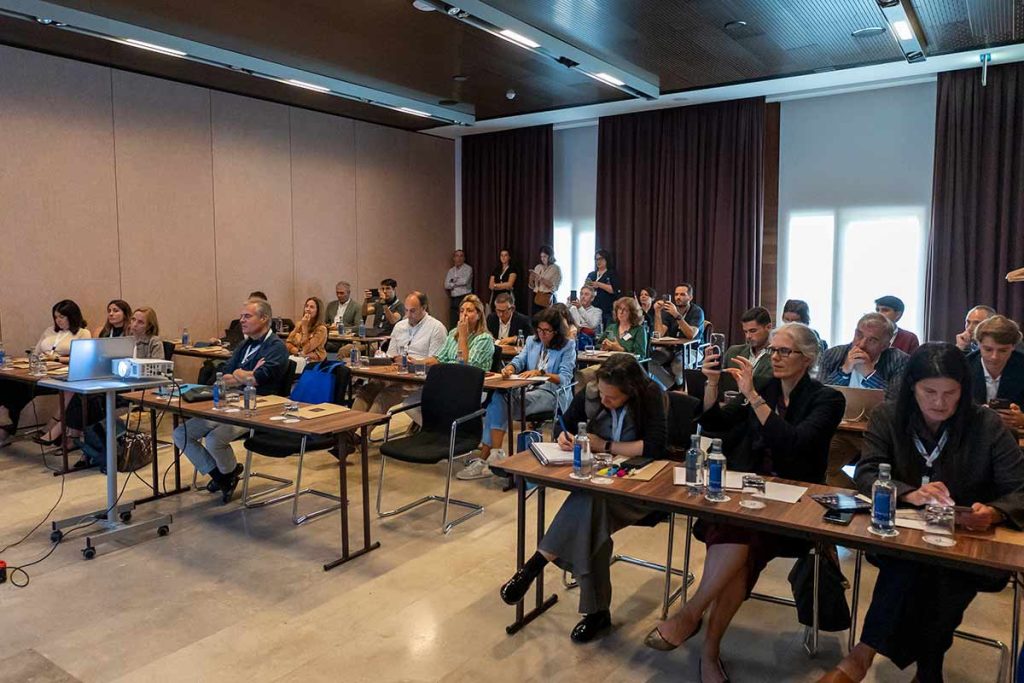
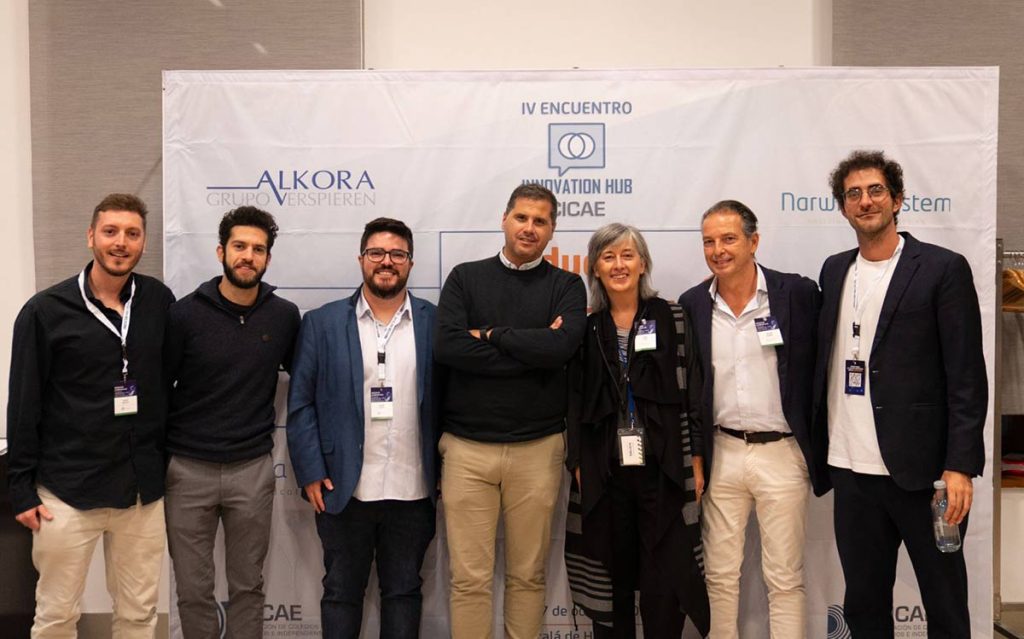
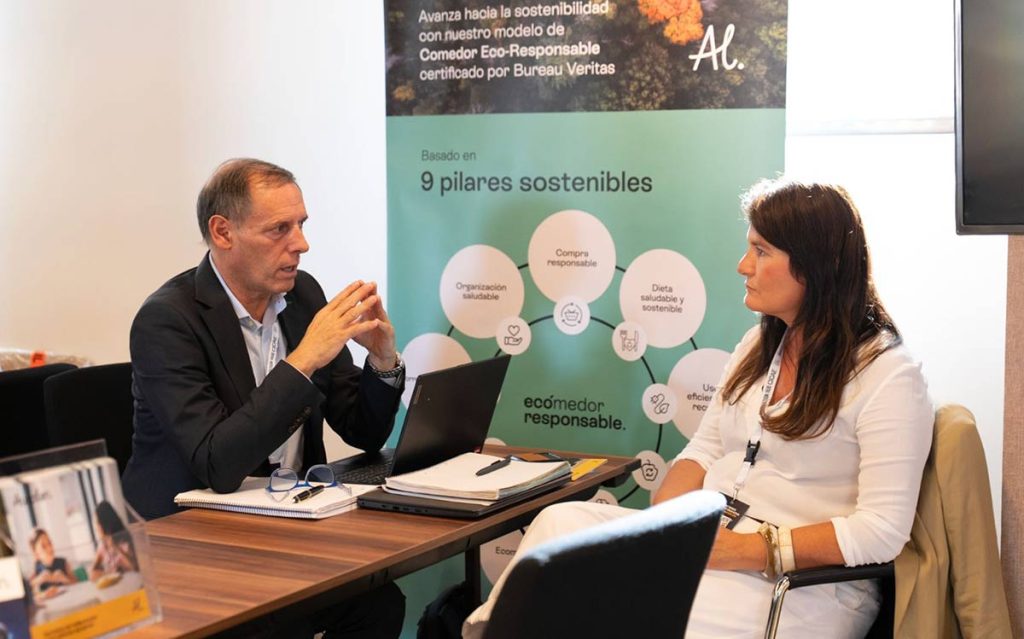
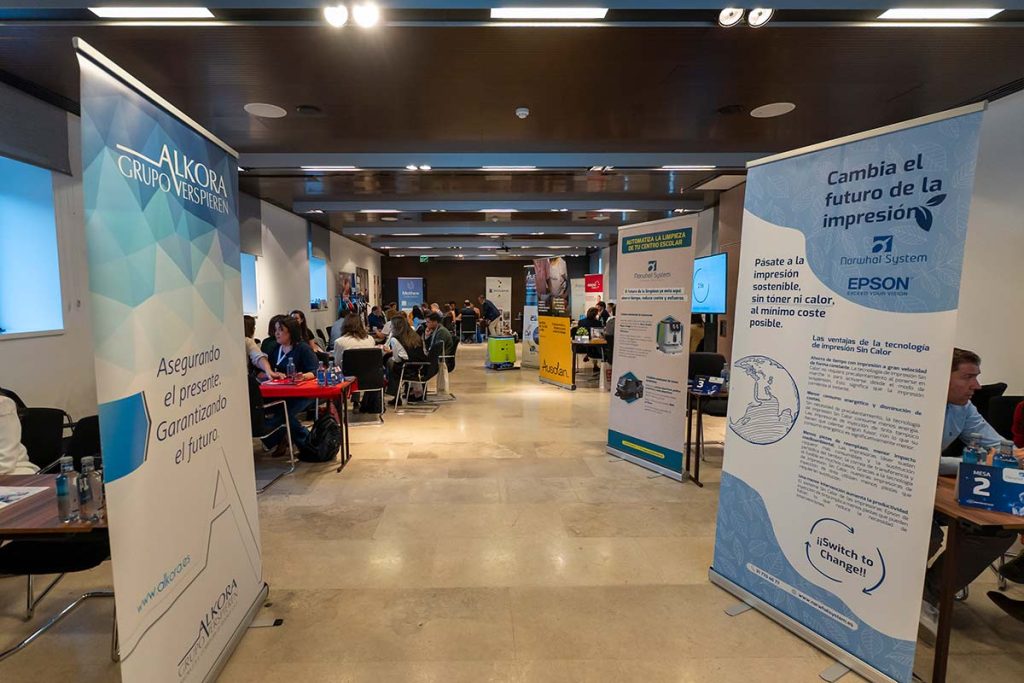
Collaborating companies: ALKORA, Narwhal System, Ausolan, McGraw Hill, Robotix, Mathew, Innovamat, ICONO, El Mercante, Alexia.

